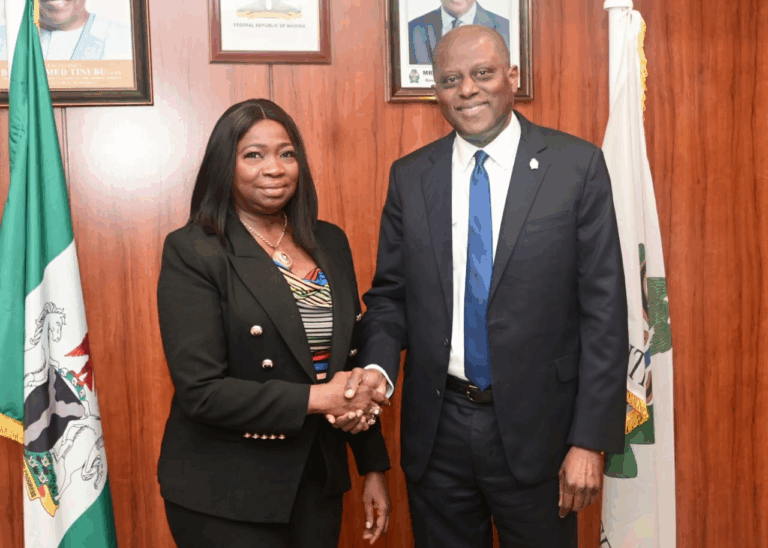Nigeria’s small and medium-sized enterprises (SMEs), which serve as the backbone of the country’s economy, are facing a massive funding gap estimated at $158.1 billion, a challenge experts say is stifling growth and limiting job creation.
Speaking at the close of the SDG Investment Forum in Abuja, hosted by Onyx Investment Advisory Limited (OnyxIAL) and the United Nations Development Programme (UNDP) Nigeria, the Chief Executive Officer of the Impact Investors’ Foundation, Etemore Glover, stressed that the financing challenges confronting SMEs remain a critical barrier to their expansion.
At the event, at least three Nigerian enterprises secured investment commitments and advisory support under a blended finance arrangement expected to unlock about $50 million in public and private capital.
Glover noted that although SMEs account for over half of Nigeria’s Gross Domestic Product (GDP) and provide more than 80 percent of jobs, their access to affordable, appropriately sized financing remains limited.
“In 2019, we valued the impact investment market at roughly $4.7 billion. About 80 percent of this came from local financial institutions with average deals of $15–16 million, while private contributions stood at just 20 percent with an average of $2 million. The reality is, very few small businesses can absorb such large ticket sizes,” she explained.
According to her, the real challenge lies in the “missing middle” — financing between $50,000 and $250,000 that is critical for SMEs yet largely unavailable. “If Nigeria hopes to maximize the role of SMEs in driving job creation and economic transformation, bridging this $158.1 billion gap must become an urgent priority,” Glover said.
Also speaking, Mohammed Yadudu, Senior Assistant to the Executive Vice Chairman of the National Agency for Science and Engineering Infrastructure (NASENI), highlighted federal government efforts to expand financing opportunities for entrepreneurs. He noted that while Nigeria has strong policy frameworks in place, gaps remain in execution and alignment.
“Within the last two years, the government has rolled out initiatives to strengthen entrepreneurship. The policies are promising, but we identified shortfalls in frameworks and implementation. NASENI is working with regulators like the Nigerian Communications Commission, the National Council on Climate Change, and the Nigerian Electricity Regulatory Commission to close these gaps,” he said.
Adding her perspective, Aisha Yakubu Bako, CEO of OnyxIAL, pointed out that SMEs, despite contributing significantly to GDP, receive only five percent of commercial bank lending, often at steep interest rates. “To close the financing gap, we need to ensure SMEs are investment-ready. Investors want assurance of both financial returns and social impact,” she stated.
Among the beneficiaries of the UNDP-supported initiative were Damilola Daramola, co-founder of Trashcoin, and Mastura Bello, Head of Operations at Seed Project Company, who secured financing to expand their businesses.

